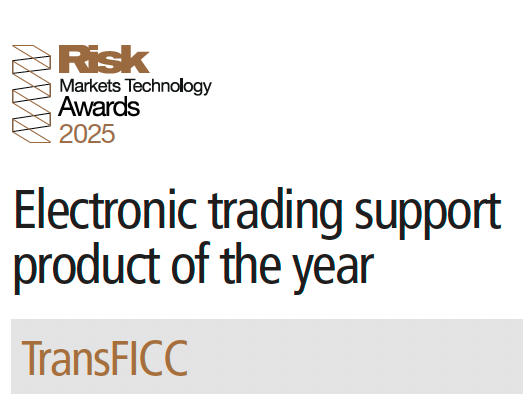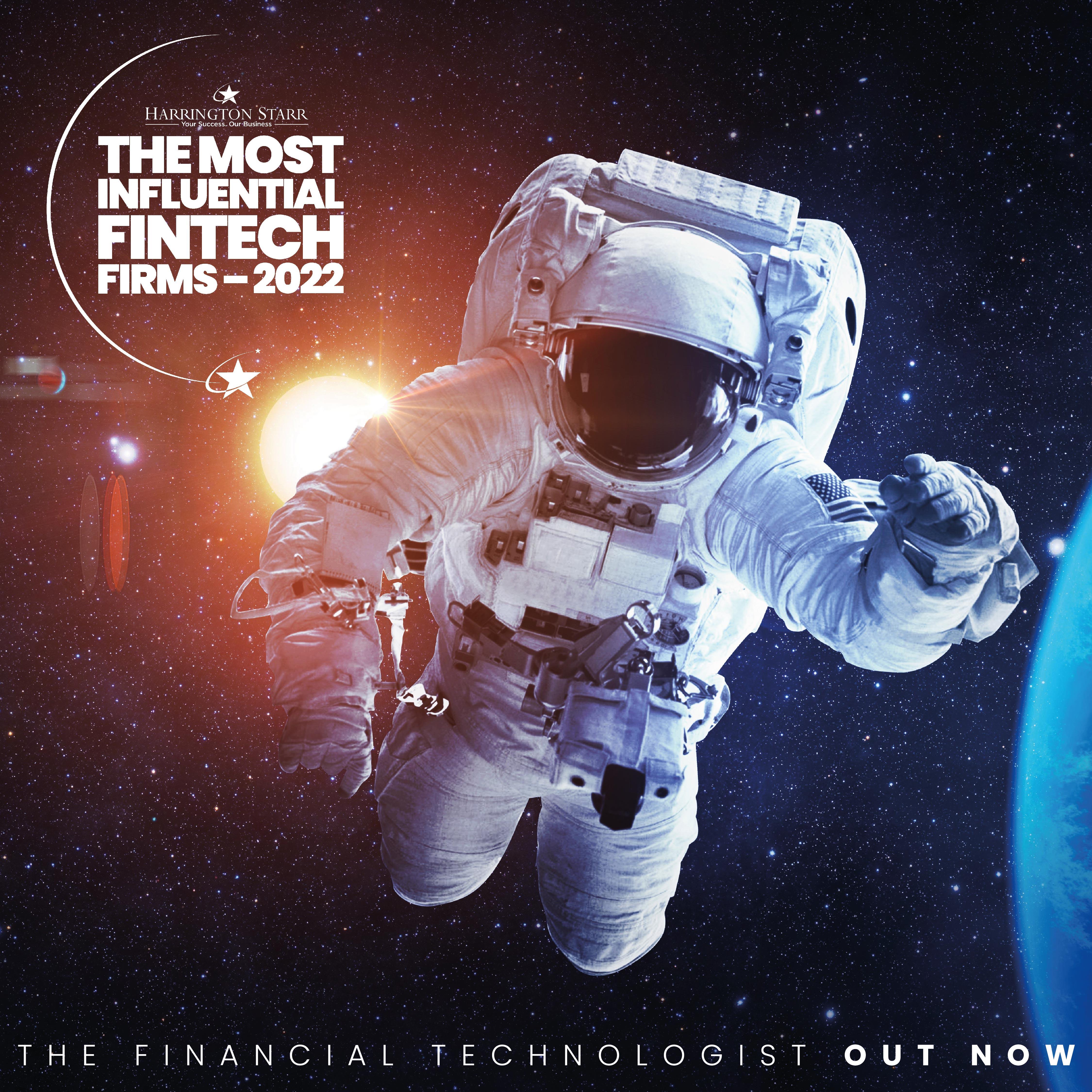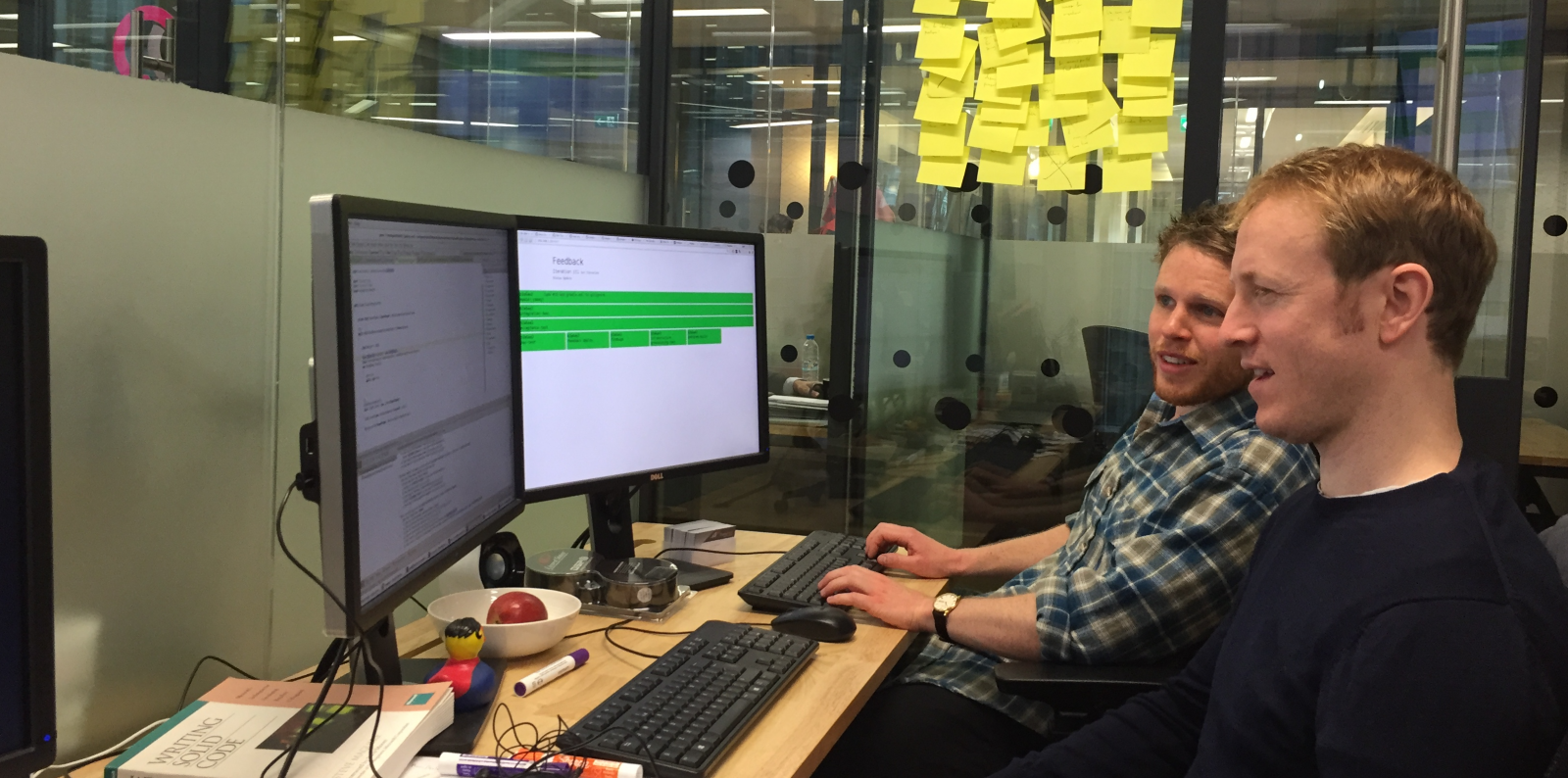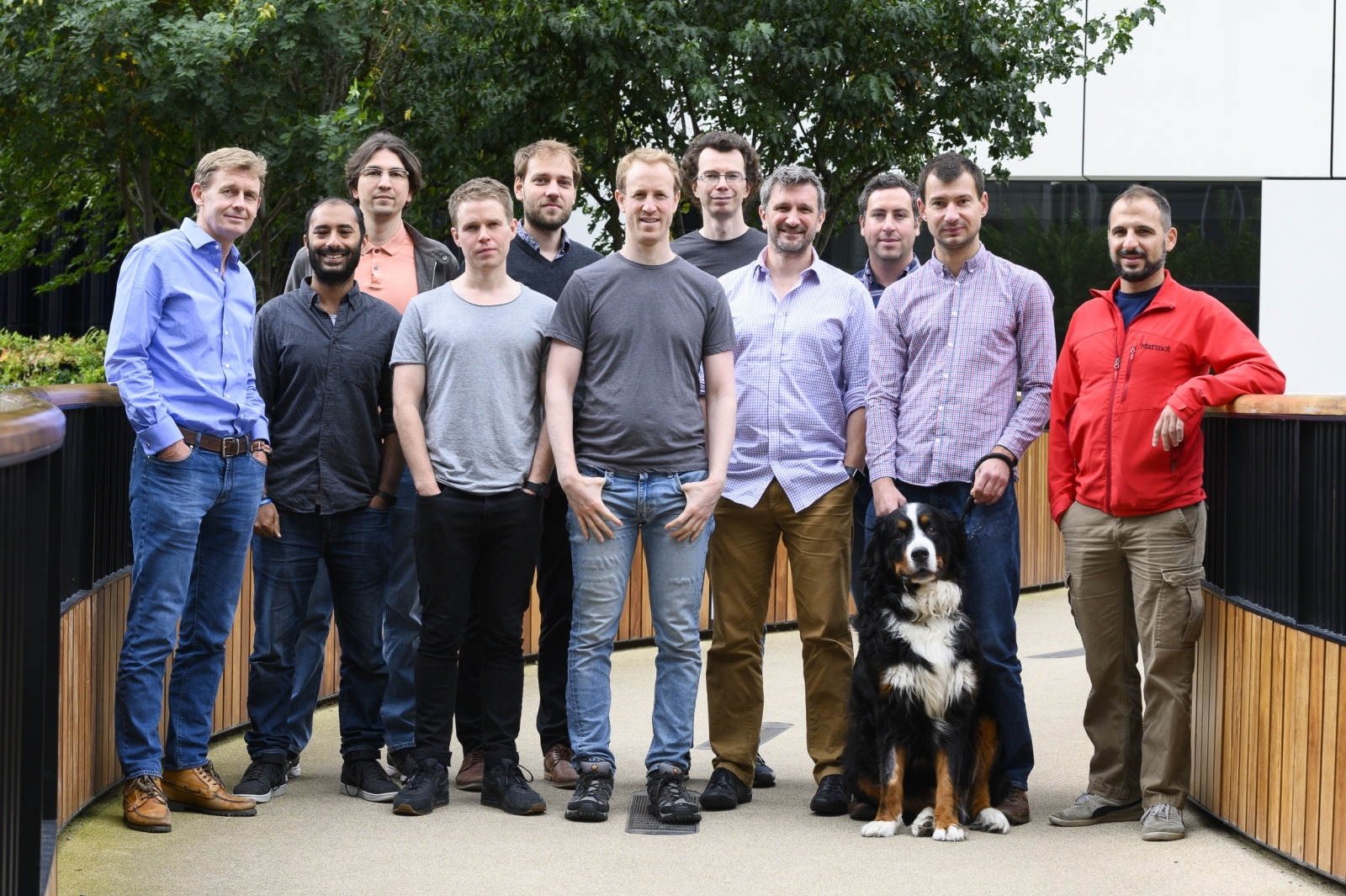Why Aren't They Shouting?
Steve just finished reading 'Why Aren't They Shouting?', by Kevin Rodgers. Steve's comments below.
I found Kevin’s book interesting and entertaining, since my own career seems to have run in parallel with Kevin's. When Kevin was starting out and being entertained and betting on Frankie Valli with 'Mickey the Broker' I was trying to sell Mickey (or someone very similar) Dealerboard phones. I was also running sales at EBS as Kevin tracks the automation of FX Market and describes many of the changes that I also witnessed first hand but from a different perspective - The Toy, Triangle Arb, Clackatron, API's, Bank eFlows, Decimal Pricing, Prime, Hi-Frequency trading. It's a balanced story and most of the characters mentioned are familiar.
In the 2nd part of the book, Kevin describes how the banks evolved from the early 90's through to the crisis in 2008. This is ambitious. He attempts, and mostly succeeds, in explaining complex derivative products in layman's terms and also charts how the lessons of 98 (Asia/LTCM) were not learned. Unlike 'Too Big to Fail' or 'the Big Short' where the key characters of 2008 are Central Banker's, CEO's, Astute Hedge Fund Managers or (falling) Star Traders, Kevin's protagonist is the computer, or more widely the technology that enabled greater risk, product and trading complexity.
Part 3 brings us up to date and covers the FX FIX and Libor scandals, evolving regulation and how banks and the wider market are changing.
I agree with most of Kevin’s conclusions. My own view is that technology is not going away and will continue to get faster and more sophisticated. However, that does not mean that Hi Freq firms that have deep pockets and are willing to build microwave towers or pay for shorter trans Atlantic cables will win out. Technology can (and will) make capital markets cheaper to trade and more transparent. Open Source and Platform sharing can neutralise the technology arms race and also help regulators with their difficult job.
I won't share Kevin's conclusions. You should read the book.
Share














